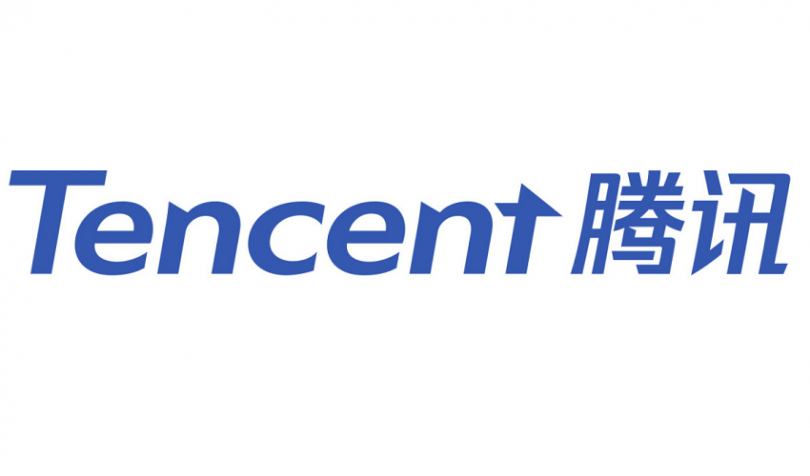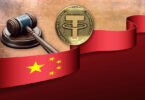Yesterday, Chinese tech giant Tencent launched its 2019 whitepaper on its blockchain development, with a section on Facebook’s Libra. Like other China-based firms and organizations, Tencent is concerned that Libra could threaten its payment service.
The excerpt first compares global blockchain platforms to China’s; “The public chains are represented by Ethereum and EOS, where DAPPs have great influence in the industry. The [enterprise] chains mainly use foreign Hyperledger Fabric and domestic FISCO BCOS as the technical platform,” it read.
Tencent pointed out its own blockchain as a service (BaaS) along with ‘Ali’s’, referring to Ant Financial’s Alibaba BaaS. In China, “Internet giants such as Tencent, Alibaba, Baidu and JD.com are looking for “blockchain+ solutions” in the fields of finance, medical care, e-commerce, public welfare and legal affairs,” it said.
But this optimistic tone shifts when Libra appears. It “has triggered the attention of global governments, the regulatory authorities, […] and the blockchain industry.”
Tencent goes as far as stating: “It is considered to be the most important event in the blockchain field since the birth of Bitcoin in 2008.”
It’s no surprise that Chinese firms are taking Libra very seriously, more so it seems than the rest of the world. Not only is Facebook unavailable in China, meaning citizens will not be able to use Libra, but the Western cryptocurrency project likely threatens China’s central bank digital currency (CBDC) ambitions.
The tech giant goes on to say: “[Libra’s] development strategy is based on the fact that “1.7 billion people who cannot access financial services can enjoy [them] conveniently and in a low-cost way” […] it will first target developing countries with underdeveloped financial facilities, especially those with insufficient credit in the goods market.”
If China’s CBDC project is indeed an extension of its Belt and Road initiative and hopes to expand the use of the Renminbi, then Libra’s adoption in developing economies is a concern. Many nations using the currency as part of Belt and Road are those with unbanked populations.
Plus, China-based digital payment services may struggle to compete: “In addition to the direct impact of traditional financial institutions, internet companies with relatively complete payment systems (such as Tencent, Ali, etc.) will also be affected by downsizing, affecting their global strategic layout,” the whitepaper reads.
Tencent’s WeChat Pay is a popular mobile payment service in China and elsewhere, integrated with its WeChat app. Both WeChat Pay and AliPay clear payments through state-owned UnionPay, and are likely to be involved in CBDC issuance.
With Facebook’s userbase, finances, and influential Association members, Tencent adds its voice to many Chinese organizations concerned with the rise of Libra.






